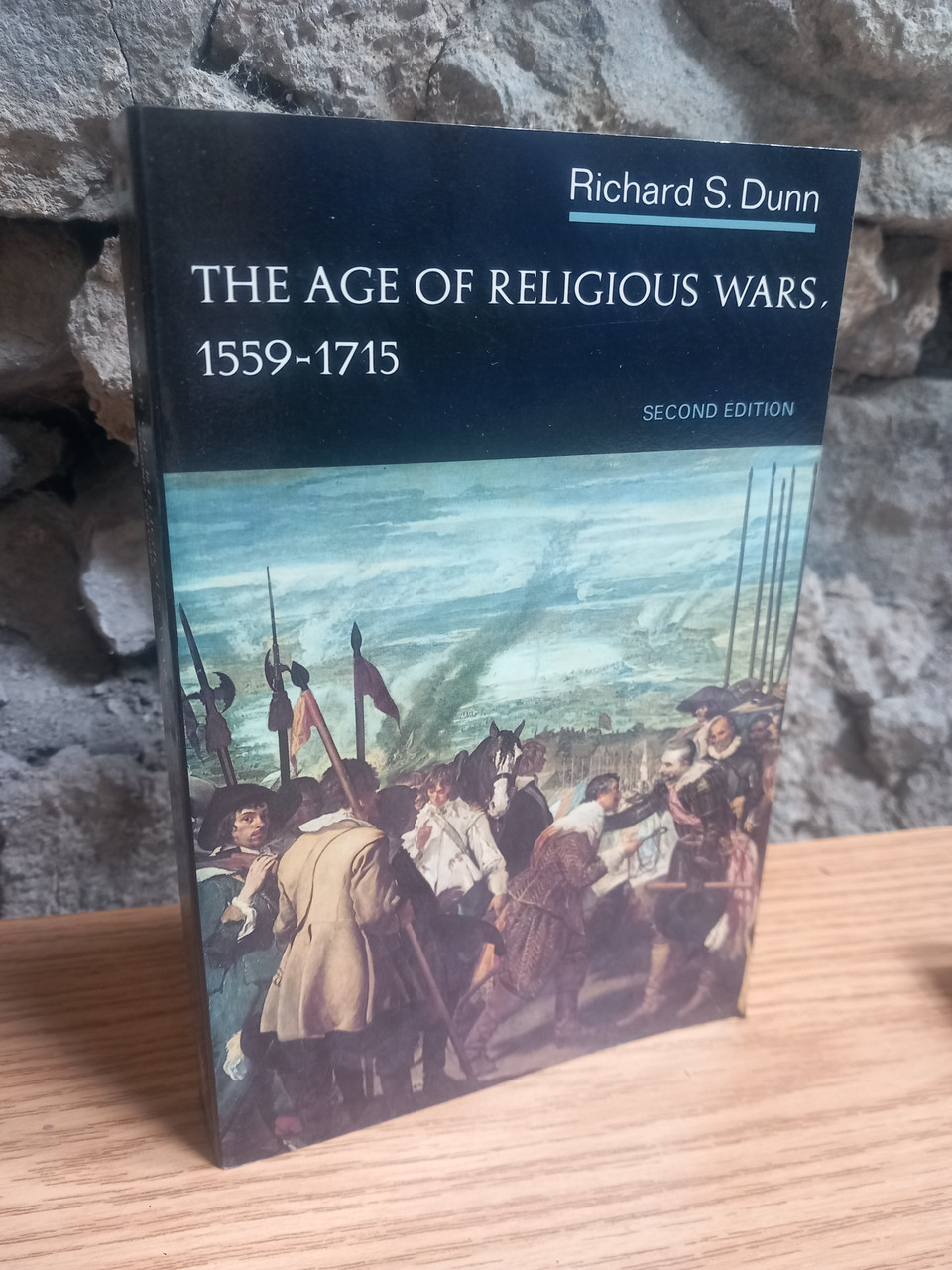Product Description
A standalone volume from the Norton History of Modern Europe, second edition 1979.
Writing with beautiful clarity on politics, economics, society, intellectual life and culture, Dunn covers all parts of Europe. He addresses big questions with sound judgments, on topics ranging from economics – the alleged connection between Protestantism and capitalism; and how English commerce benefited from mercantilist policies – to culture: the meaning of the Baroque, and the secularization of art.
In international relations, Dunn shows that the brutal Thirty Years’ War which devastated Germany finally resulted only in restoration of the previously established principle of territorial churches, either Catholic or Protestant. Across Europe, he observes that those leaders who practiced moderation rather than intolerant violence, namely Henry IV and Elizabeth I, came out best from the religious upheavals.
Dunn punctuates his political narrative with crisp biographies of key people and telling side-remarks about national character. Castilians (Spaniards), for example, “valued business well below fighting and praying”, and developed no significant industries. In Russia,
"Tsars, nobles, priests and peasants all accepted physical brutality – flogging and torture – as [a] staple feature of society."
Dunn avers that Peter the Great had more confidence to deal with the West “than most of his countrymen have had, then or since.”
 Euro
Euro
 British Pound
British Pound






